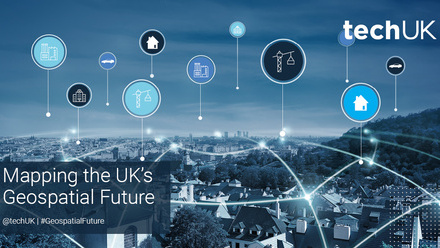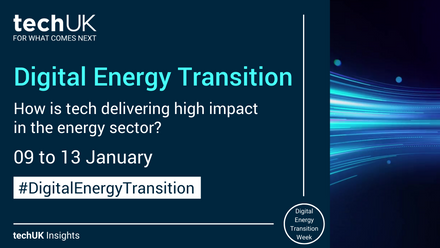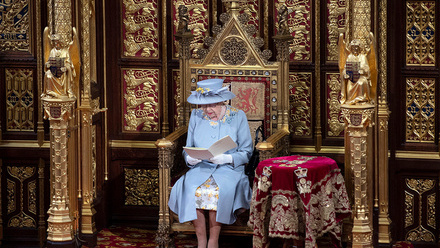Why the tech sector needs to stand up and take action this Earth Month (Guest Blog by Kyndryl)
Earth Month, which takes place during April every year, is a time to raise environmental awareness and create consciousness around the issues that affect our planet during this time of crisis. We have now reached the point of climate emergency because the situation is getting very serious, very quickly. The Intergovernmental Panel on Climate Change’s (IPCC) March 2023 report warns that we are not going to achieve the target of limiting global warming to 1.5°C by 2050. According to the report, it’s likely that we will overshoot that target during the 2030s and that we should now aim to reach net zero by 2040.
In the UK and Ireland, we are already feeling the effects of a global average temperature increase of approximately 1.1°C. In July 2022, the UK experienced record temperatures, which led to water shortages, transport disruption and more than 800 wildfires, some of which destroyed homes in Greater London. The Met Office estimates that climate change has made heatwaves 10 times more likely, and that things could get worse if the average temperature continues to rise.
I could provide many more examples of the terrible consequences of global warming that are happening right now and share experts’ predictions on how much worse it could get, however, we’ve reached a point where action is far more important than awareness. While governments need to take the lead on carbon reduction, the IPCC believe the actions taken by organisations and individuals can make a big contribution to achieving net zero.
Encouraging a collective effort towards a common goal
Tech organisations have a unique, dual role to play in the race to net zero. Firstly, tech organisations are responsible for minimising impacts on climate and biodiversity from their own operations and supply chains. Secondly, other sectors look to tech organisations to develop the tools and technologies to help them do the same. Emerging technologies such as Artificial Intelligence (AI) and blockchain, can help optimise energy networks with innovations like integrated storage, distributed grids and energy efficient models for the likes of autonomous Electric Vehicles (EV), while simultaneously driving the discovery of new materials and environmentally friendly ways of doing things.
Another way tech organisations can make a difference is through employee education initiatives. These programmes can help employees to understand the impact of climate change on different communities, and provide strategies for reducing carbon emissions both as an individual, as part of a community or an organisation. Kyndryl’s Carbon Literacy course, for example, is accredited by the Carbon Literacy Trust, whose work has been recognised by the United Nations. Participants who submit a satisfactory carbon reduction pledge following the course are awarded a uniquely numbered certificate confirming that they are Carbon Literate.
Carbon Literacy education is an attempt to create a low carbon culture at Kyndryl and make this an essential workplace skill, just like digital literacy or making effective use of social media. More importantly, Carbon Literacy is about taking collective action to mitigate the worst effects of climate change. Whether you invest time in Carbon Literacy education or not, the power to make a difference is in your hands, you just have to take action.
This Earth Month, think about the small changes that your organisation, your team or even just you as an individual could make to reduce your carbon output. Creating and living a low carbon culture that involves everyone in the journey to net zero is a big part of the solution, and we don’t have a moment to lose.
-














